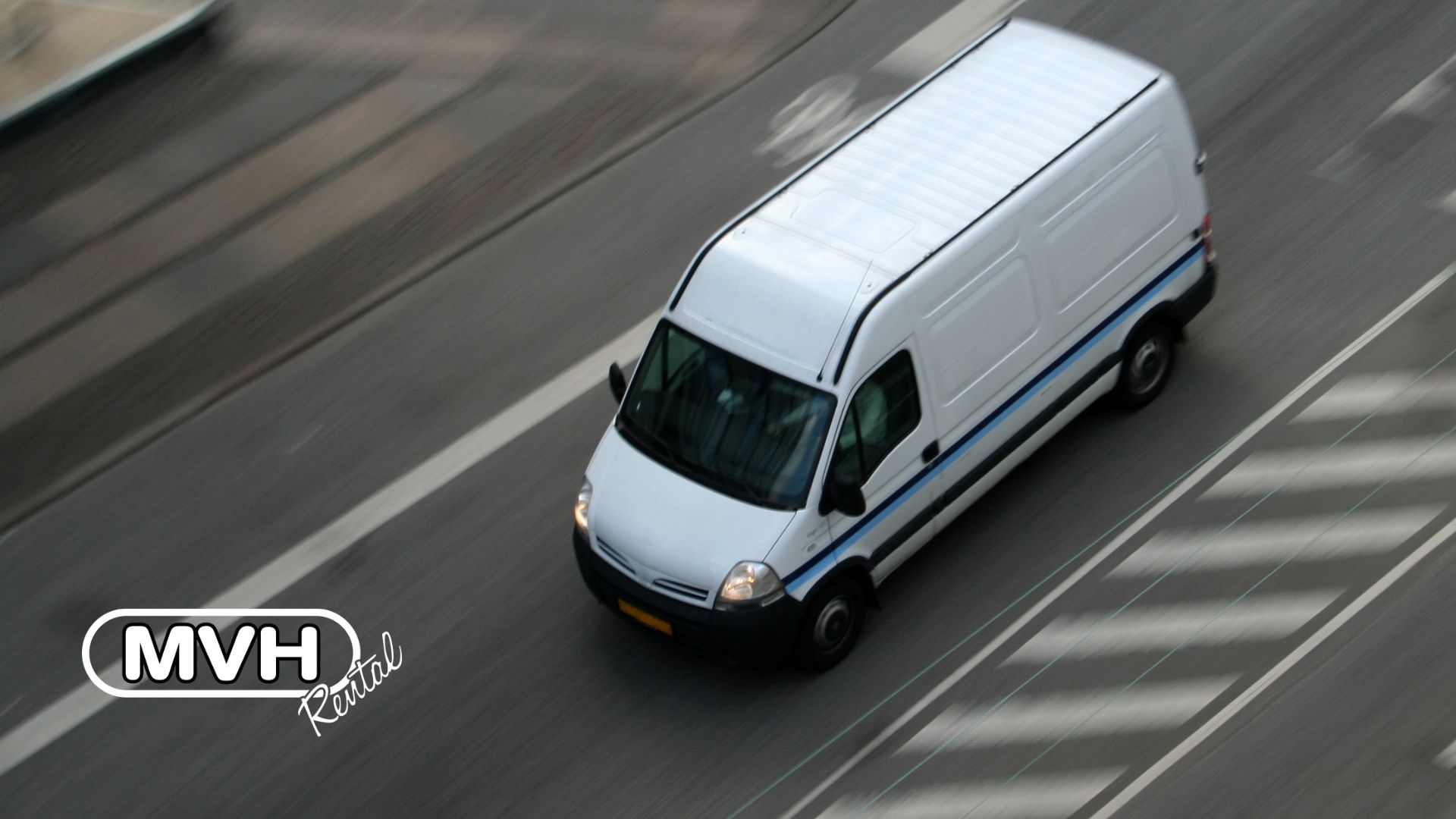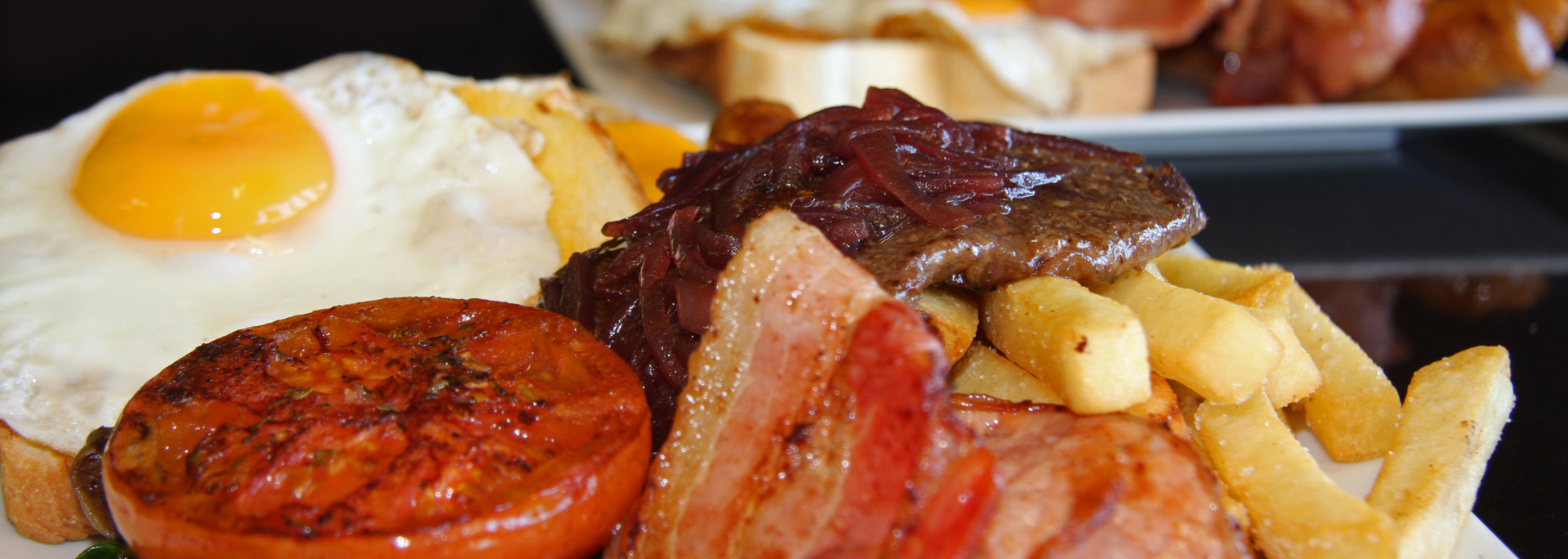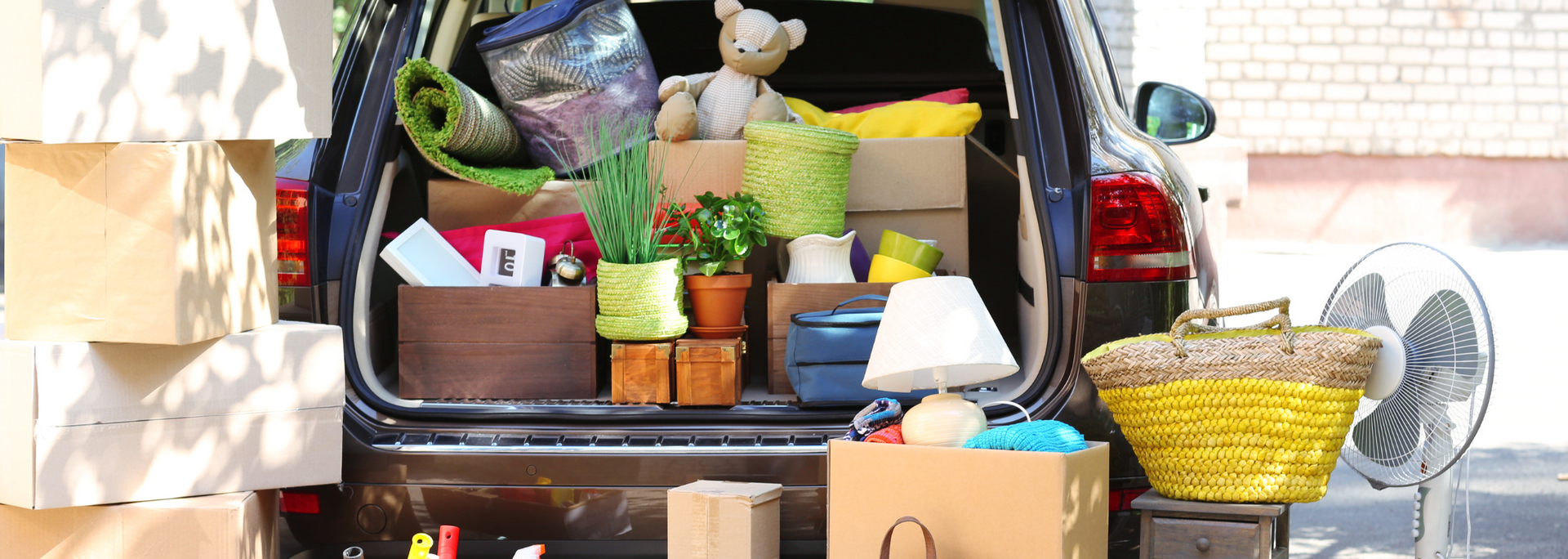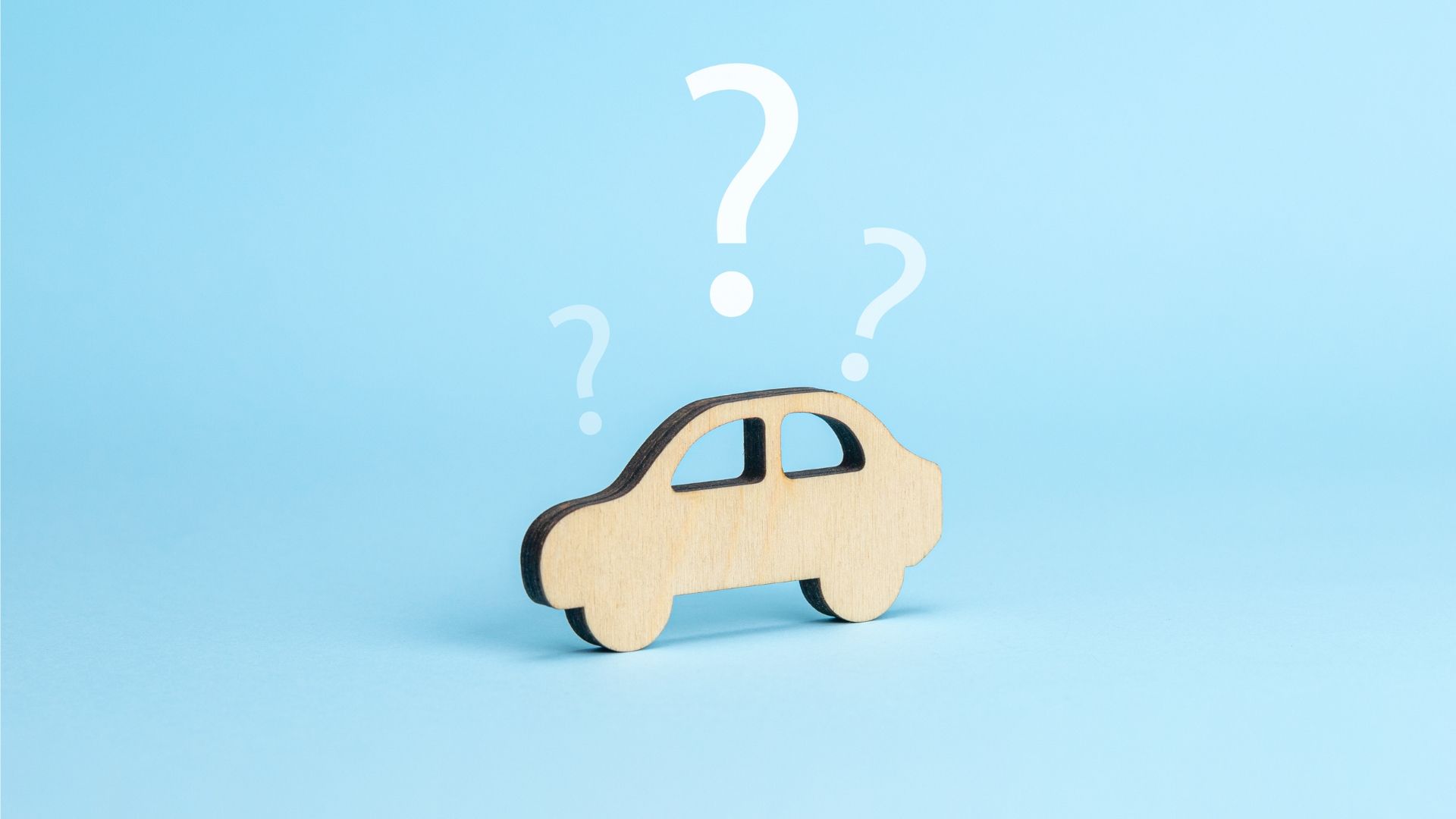Is a bigger van always better?
Does size matter when you're hiring a van? Learn which size is best for you in our handy van rental guide.

Remember Goldilocks? You know, that free-loading bear botherer from the famous fairytale?
She could never quite make up her mind, that one. Everything was either too hot, too cold, too big or too small.
To be fair to Goldie, she might have just been underinformed. Maybe she'd never seen a bed before. Perhaps she mistook the salt for sugar. Who knows?
The moral of the story, as far as we see it, is this: there's always an option that's "just right". You've just got to know where to look.
And that brings us on to the subject of today's article: van sizes. The mantra says that "bigger is better" – but is that true of our four-wheeled friends?
Let's find out.
Does "bigger" mean "better"?
In some circumstances, bigger is almost always better.
Paychecks. Portion sizes. Pachyderms. The larger they are, the more bang you get for your buck.

But in the world of rental vans, it pays to be a little more discriminating.
Sure, you can probably see yourself cruising down the motorway in a gigantic van. You're high in the cockpit, surveying the world beneath you. You're the king or queen of the road.
But wait. You need to stop off at the services. Suddenly, your regal dreams go up in smoke as you try to parallel park something the size of a double-decker bus.
So before you hire the biggest van you can afford, keep these considerations in mind.
1. Manoeuvrability
You need the right size for the job. It's not worth navigating a supertanker to shift a fridge, after all.
Assess the size of your load and the places you'll need to navigate, including parking spaces and city streets. You're aiming to strike the right balance between cargo space and manoeuvrability.
2. Ease of driving
Vans aren't too difficult to drive – especially with modern features like adjustable seats and driver-assistance technologies. If you can drive a car, you're already 90% of the way there.
However, the bigger the van, the less it feels like a car to drive. So, if you're already nervous about manoeuvring a large vehicle, it might be worth erring on the smaller side.
3. Cost and fuel efficiency
Keep in mind that larger vans generally come with higher rental costs and increased fuel consumption. So, it's best to set a clear budget, including rental fees and fuel, and then choose your van to fit your budget.
Then there's the trade-off between fuel efficiency and space. While larger vans might carry more, they can be fuel-guzzlers. Opt for a van with the appropriate cargo space that still keeps your fuel expenditure in check.
4. The Tardis effect
Believe it or not, a bigger size doesn't always mean a heavier load. Some smaller vans can shift heavier items than their larger cousins.
It feels counterintuitive but it's true. Typically, vans with a short wheelbase (the distance between the front and rear wheels) can carry heavier items than their long-wheelbase cousins, relatively speaking. Long-wheelbase vans are usually better for larger, lighter items.
5. Licence and weight restrictions
Not all driving licences are created equal. A standard UK licence (category B) allows you to drive a van that weighs up to 3,500 kilograms.
That's 3,500 kilograms of gross weight. In other words, the total weight a van could carry if it were fully loaded with people, fuel and cargo.
If you fill your van beyond this point and you only have a category B licence, you can be fined.
The good news is that 3,500 kilograms is
plenty. That weight covers most vans you'd use for simple, everyday tasks like moving house or shifting a collection of rare Russian pianos.
If in doubt, look for a sticker or metal plate that lists the gross vehicle weight (GWV). You'll usually find this on the inside passenger door. Failing that, look on the driver's side or under the bonnet.
What size do I need?
Now you know what to look for, which size should you actually choose? We've covered a few common scenarios below – but bear in mind that vans aren't one-size-fits-all solutions. You might need to make a few adjustments to fit the job you have in mind.
Staycations
Staycations are becoming increasingly popular – likely as a reaction to the cost-of-living crisis. Hiring a van means you'll have plenty of space for your belongings, so you won't have to cram everything and everyone into a Ford Fiesta.

You have a few options in terms of size. You could go for a small crew van, which mixes seating space with cargo space. Or you could split the load and have one person drive a van and the other go by car. In this case, a small car-derived van should do just fine.
Are you taking the whole extended family? If passenger space is a priority, you might be better off with a
self-drive minibus rental.
Moving house
Many people choose to hire their own van rather than hire a removal firm. This means they can make as many trips as they need without paying through the nose.
A standard
Luton van should be able to shift the contents of a small house or two-bedroom flat without too much trouble.
Moving to university
Has your tiny human become a fully grown human? Are you setting off on your own educational adventure? A van is a great way to move pots, pans and people without having to bear 200 miles with your face smooshed against the window.
That said, you shouldn't have
too
much stuff to shift – especially if you're moving into a hall of residence. A small car-derived van should have room for everything. (Unless you're
really
attached to that stack of childhood cuddly toys.)
Gigs
In a band? Playing a gig? Plain and simple: you need a crew van.
Crew vans are split into cargo and passenger sections, so you can move all your instruments and the people who play them in one fell swoop.
No more driving along the motorway with a bass guitar bashing against your head. That's bliss.
Are you looking to
hire a van in Newcastle or the North East? Not sure what size you need?
Get in touch with our friendly team today – they'll be happy to help you choose the right van for the job.











